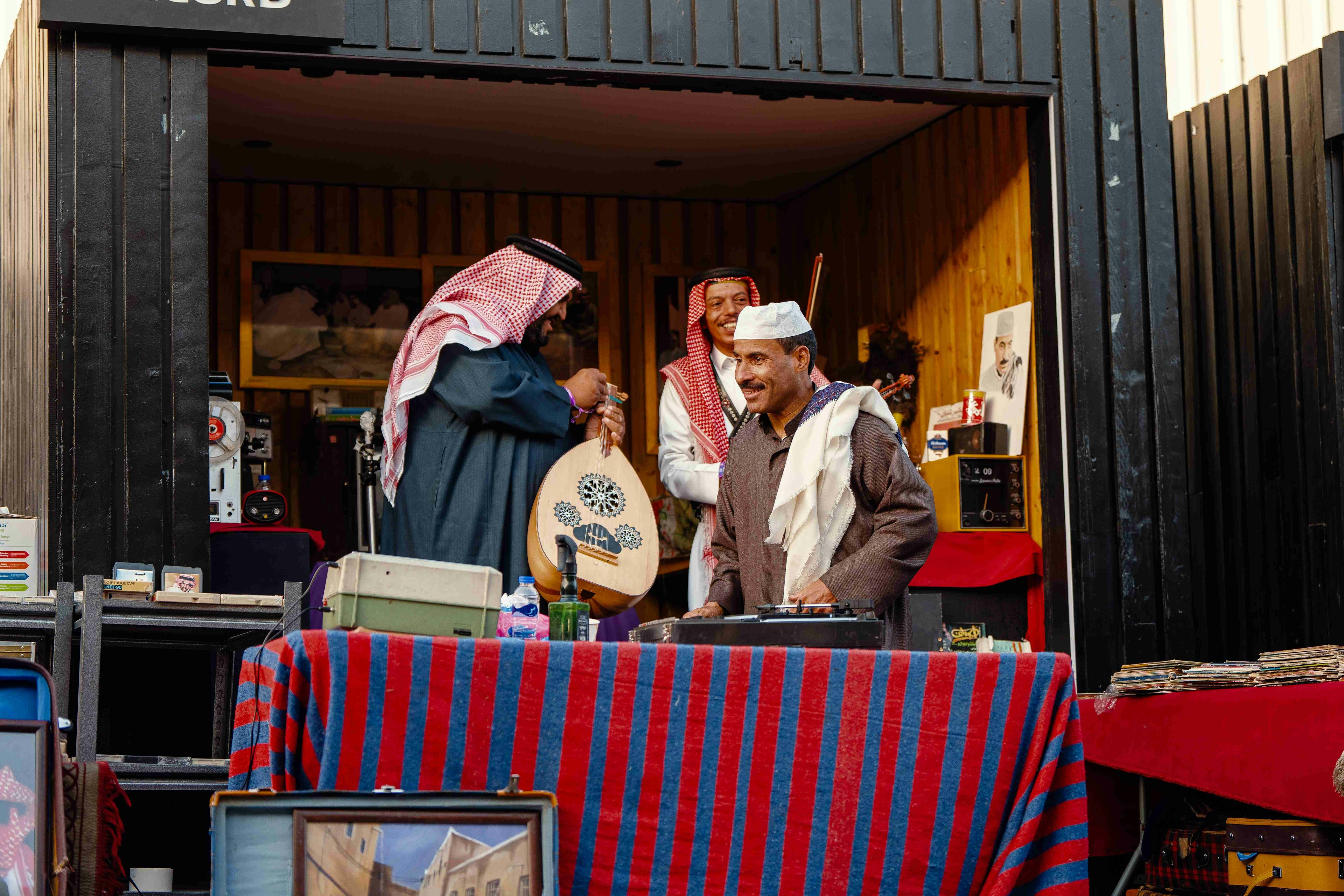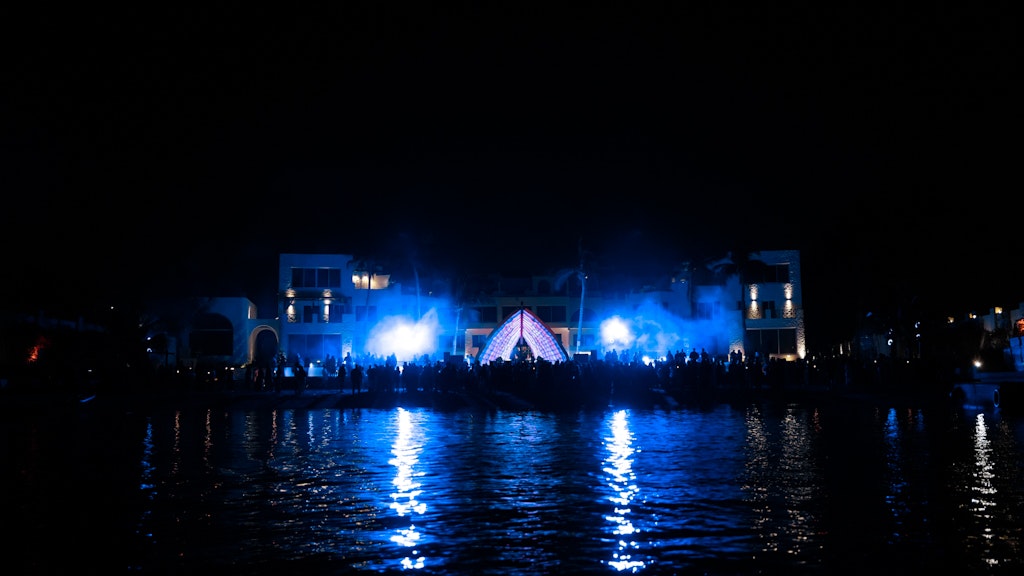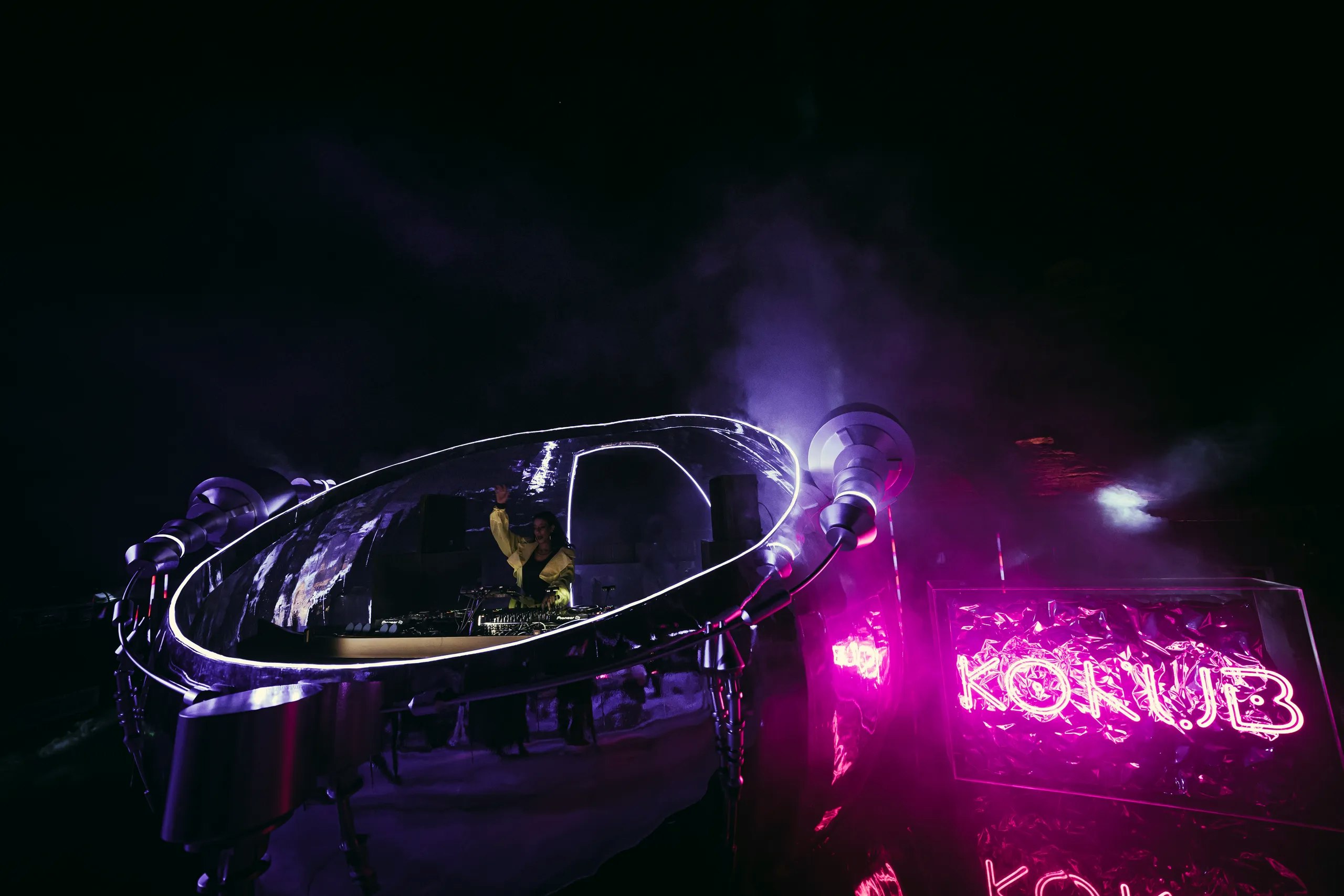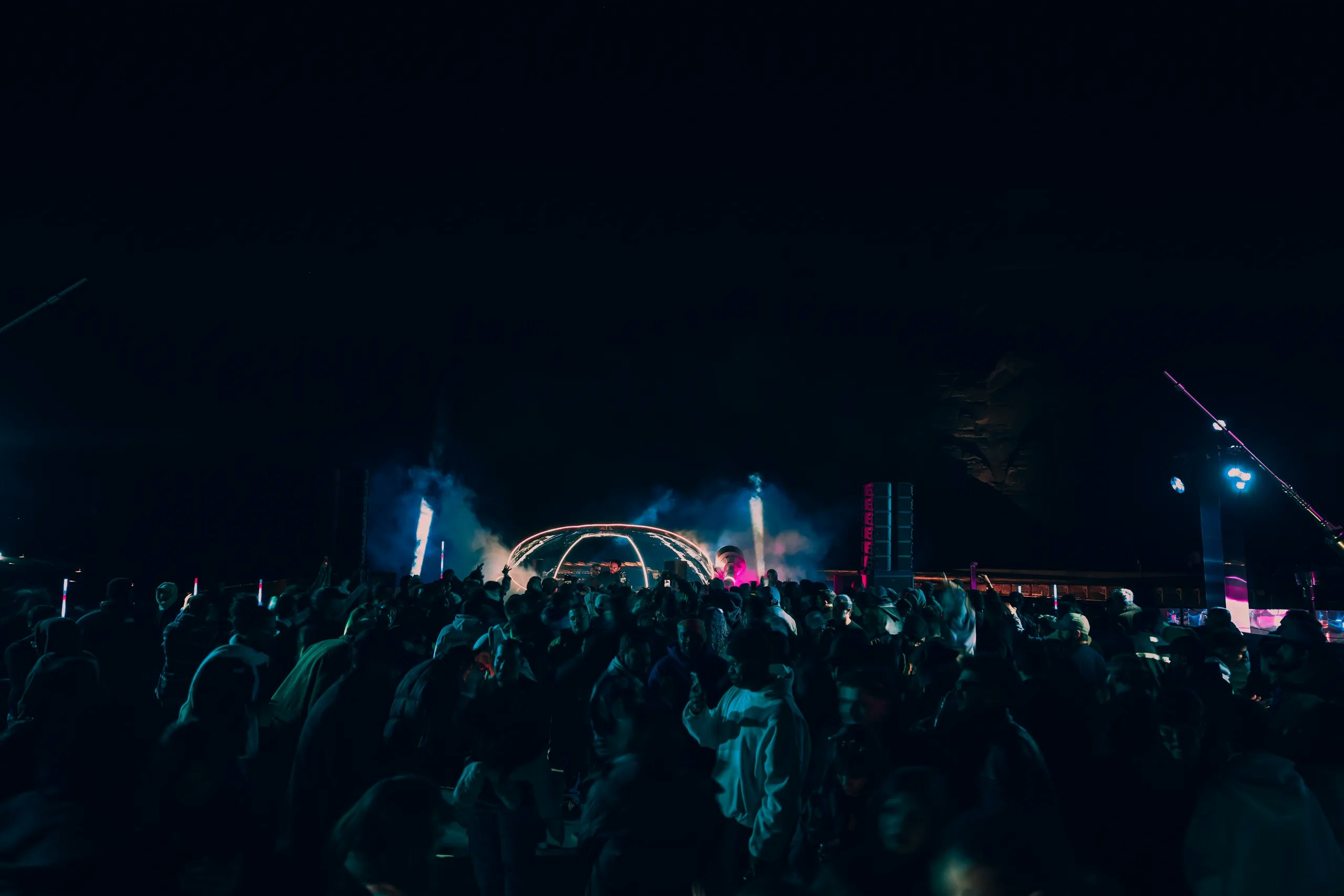

Classical Music and Modern Genres | MDLBEAST
By MDLBEAST
September 24 2025
Classical Music and Modern Genres | MDLBEAST
By MDLBEAST
September 24 2025
Exploring the Relationship Between Classical Music and Modern Genres
The nature of music may change with time; nevertheless, its origin invariably goes back into the past. Classical music, being so harmonic and contrasting in its era, has laid many foundations for most modern genres. Hip-hop, rock, or electronic dance music—all these genres have classical music influences. But how did classical and modern counterparts come into contact? Today, we weave through how classical music still plays its nurturing role in the soundscape where modern music thrives.
The Classical Influence on Modern Music
Classical music, therefore, continues to lay grounds from which many of its fundamental theories set off, namely harmonics, melody, and rhythm. Today, the sound may bear little resemblance to the aggrandizing forms of classical concertos or sonatas by Beethoven, Mozart, or even Bach; however, in composition, most aggrandizing of the elements techniques are retained. Several feisty modern artists have integrated classical influences, whether knowingly or unwittingly, into their works via orchestration, harmonic structure, or outright sampling of classical music.
Taking a classical ensemble is another major point of influence and the best showcase in our day. Strings, pianos, and brass from classical orchestras bless many pop and hip-hop songs, film scores, and occasional beats in gratitude for the charm of classical music. This link is an A-list saying that classical music matters in the present; rather, it gives more value to modern compositions.
The Influence of Classical Music on Different Contemporary Genres
Rock and classical fusion
On first hearing, rock music and classical music seem miles apart but comprise a great number of rock luminaries inspired by classical composers. For instance, Queen and Deep Purple put orchestral elements into the music they produced, and Metallica took the famed step of collaborating with the San Francisco Symphony to create heavy metal that could be described as symphonic. Indeed, the grandeur and complexity of classical compositions stand well for the dramatic and powerful sound of rock.
Classical Music in Electronic Compositions
Electronic music—from house to techno—looks futuristic; however, classical music plays an essential role in underlining such styles. Several electronic artists study classical techniques of composition to create melodies and harmonies that are likely to appeal to listeners. Hans Zimmer is one of the numerous composers known for his work with films. The orchestration of his scores has been used by various EDM artists up to the present day. Grand buildups and emotional crescendos in classical symphonies are transformed into festival anthems.
Hip Hop and the Classical Sample
Sampling as a talisman between two schools—one new and one old—has been favored in popular hip-hop producer circles for quite a long time, as classical music has been cited within the sources of these samples. An obvious example of such a piece is Nas's song I Can, which uses a direct sample from Für Elise by Beethoven. Kanye West is known to have left orchestral elements in most of his production. This interaction of classical melody with the current beat also provides a depth-rich and distinct addition to hip-hop music.
Film as Middleware
Film scores are one of the more direct influences of classical music that continue to shape sound today. Such a composer may be found in John Williams, who has created several iconic scores, such as that of Star Wars and Harry Potter, as a minimal form of popular, rock, or even electronic touch to add cinematic depth to individual compositions. Those inspire compositions alike.
Pop and R&B: Uniting the Classical Underpinning with Modern Hits
Pops and R&Bs are also traces of being classical from the way compositions in those genres are structured. Alicia Keys' and Billie Eilish's music has a heavy influence of classical piano progression added into their repertoire to bring elegance and complexity to their songs. Many top 40 chart compositions have key structures derived from classical compositions, thus proving that modern-day music has a lot of its past in classical music.
New Age Musicians Fusing Classical and New Age Sounds
Some take the art of modern-classical fusion to another level. 2Cellos and Lindsey Stirling formed an entirely personal career playing rock or electronic music with their classical instruments. They open up the fact that classical music is not a kind of art; rather, it is a living and evolving art based on inspiration coming from new generations.
Fusing Classical with Future Trends in Contemporary Music
Meanwhile, with the constantly changing music, technology plays a significant role in putting classical features into contemporary culture. Artificial intelligence has made composing symphonies, remixing classical pieces into electronic tracks, and even melding orchestral sounds with synth production possible.
Moreover, the growing appreciation among neoclassical fans for orchestral touches in performance is being activated. MDLBEAST’s Soundstorm, with many great names in DJing and music production, displayed stunning examples of DJs and producers crafting electronic sets completely integrated with classical influences, proving indeed how relevant it is to merge the past with the present.
Conclusion: Why This Relationship Matters
Connecting the historic arts with the artistry of modern music establishes a key for new ideas. For many present-day innovators, to study classical means to raise this new art to its maximum potential on any front, owing to the way it is built, performed, and structured—composition, instrumentation, or form. Using the past as a springboard, many present-day musicians cultivate the new, giving a feeling of newness but with a clear reference to eternity.
For the most part, engagement with classical music lies in implication rather than imitation. From working with beats to writing lyrics to composing melodies, being informed by classical traditions will go a long way toward enriching and elevating the sophistication of any genre in which modern artists work. As the arts continue to change, what will forever remain is classical music as the sound of the future.
Share this


